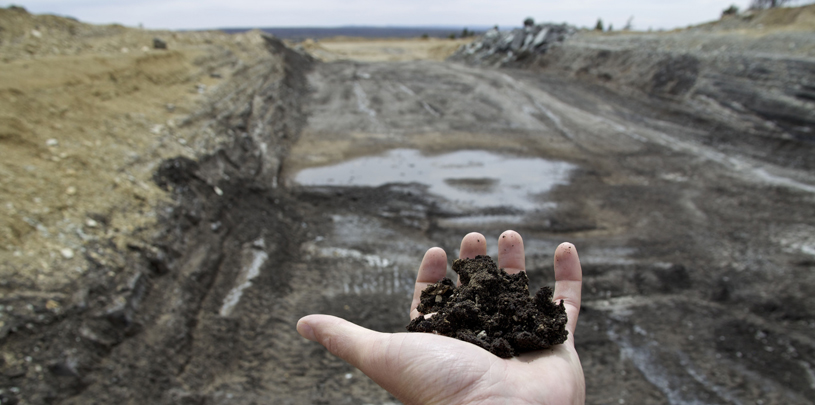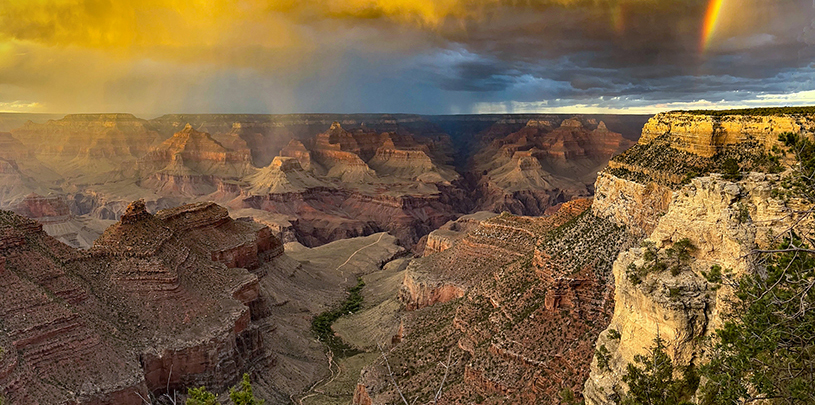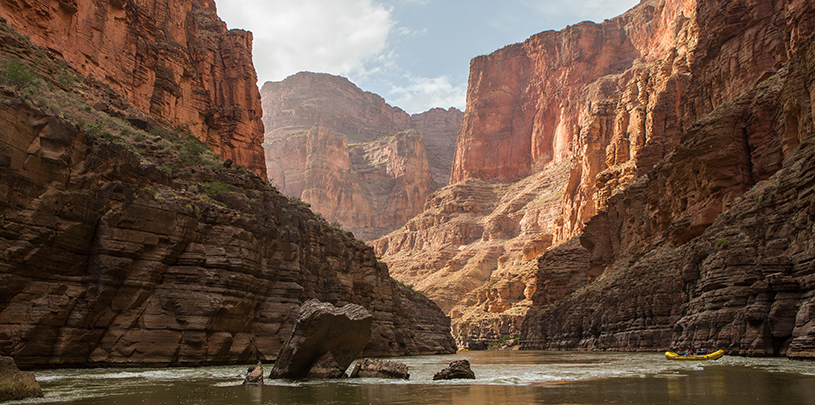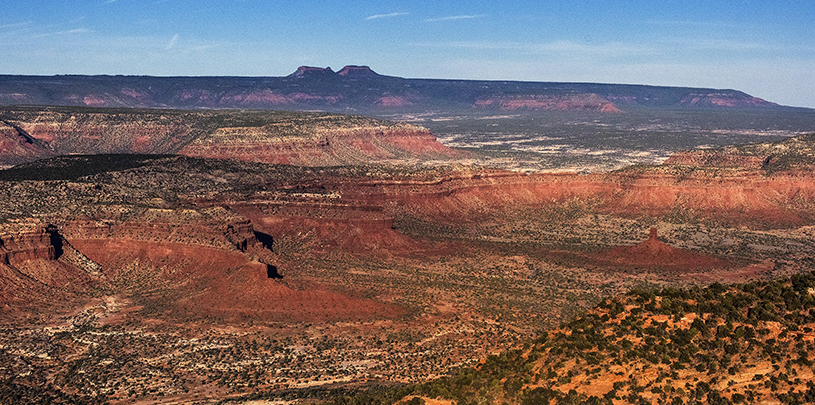 by Anne Mariah Tapp, Energy Director
by Anne Mariah Tapp, Energy Director
Yesterday, Wednesday, June 10th 2015, more than 100 prominent scientists from across North America, including climate scientists, economists, geophysicists, and biologists, released a consensus statement, “Ten Reasons for a Moratorium,” that shows why Canada and the United States should postpone new tar sands development. The rapid expansion of tar sands production in Alberta, Canada’s energy-rich province, debate over the proposed Keystone XL pipeline in the U.S., and ever-increasing levels of carbon in our global atmosphere prompted the consensus statement.
Deposits to rival Alberta’s, right here on the Colorado Plateau
What is less known – but critically important – is that the Colorado River Basin has its own massive deposits of tar sands and oil shale (distinct from shale oil) that rival those in Alberta. A thirsty and carbon-intensive industry, the development of these unconventional fuel deposits would require significant water allocations from the Colorado River and its main tributaries. Just last year, Chevron filed a lengthy report in Colorado water court showing that the company’s proposed oil shale development activities alone would require up to 125,000 acre-feet of water per year. That’s enough water to supply more than half of Denver Water’s 1.3 million customers. Moreover, the carbon footprint resulting from development of these deposits would accelerate global warming on the Colorado Plateau, a recognized climate-change hotspot. In turn, this would make our regional efforts to adapt to climate warming much more difficult.
A federal mandate to develop oil shale and tar sands deposits
Under the Energy Policy Act of 2005, enacted during the Bush Administration, federal agencies are currently mandated to develop United States oil shale and tar sands deposits. As a result, the Bureau of Land Management has allocated over 810,000 acres of federal public land in the Colorado River Basin for oil shale and tar sands development, and has implemented a robust technology development program on federal public lands designed to allow companies to perfect technologies to make oil shale and tar sands extraction commercially viable. With a carbon footprint estimated at up to 75% greater than conventional oil development, policies that mandate development of unconventional fuels are the wrong choice for our climate future.
The scientists’ consensus statement puts this in no uncertain terms.
“Leading independent researchers show that significant expansion of the oil sands and similar unconventional oil sources is inconsistent with efforts to avoid potentially dangerous climate change,” says Simon Fraser University energy economist Mark Jaccard, one of the statement’s authors. The consensus statement concludes that Canada and the U.S. have no choice other than curtailing further development of the tar sands in order to meet global climate targets, to keep the world from tipping into dangerous levels of warming.
In light of the consensus statement and the Obama Administration’s repeated promises to take action to curb climate change, a path forward seems clear. The Obama Administration should move forward with a moratorium on the development of the United States’ tar sands and oil shale deposits. The Colorado River Basin, the arid American Southwest, and our global climate simply cannot tolerate the development of the United States’ oil shale and tar sands deposits.




